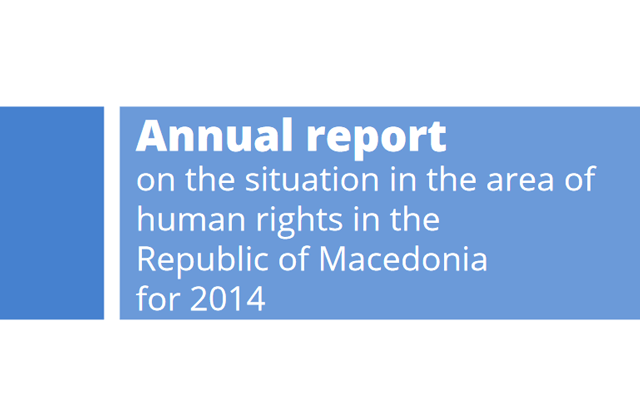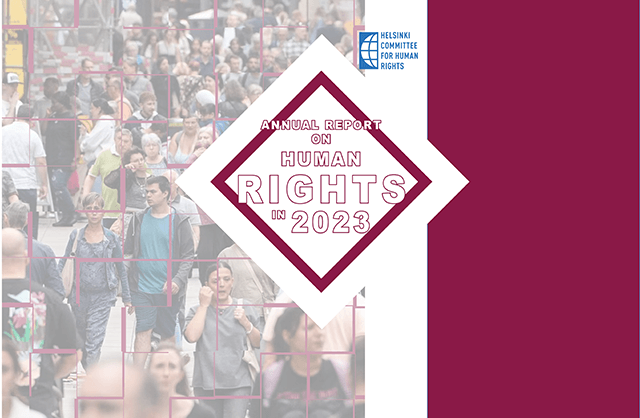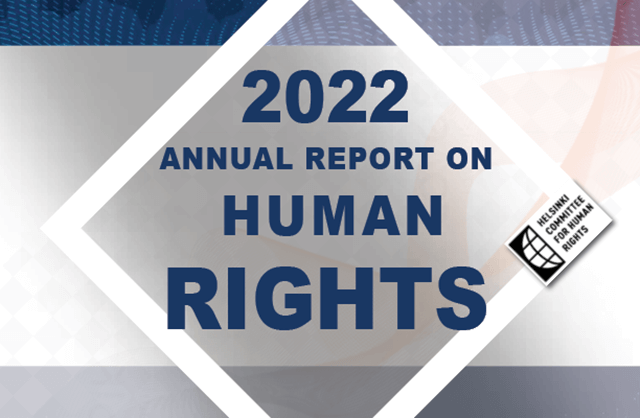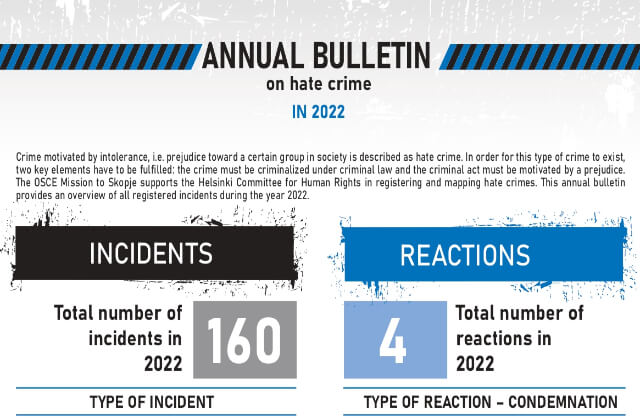Annual report on human rights in 2014
May 10, 2015

One of the basic activities of the Helsinki Committee is the observing of the court proceedings across the country, especially those from the area of criminal and civil justice. Dozens of cases were observed in the course of 2014, during several hundreds of court hearings. In addition, through its program for free legal assistance, the Helsinki Committee was in a position to take into consideration and act on a large number of court cases, including those conducted before the Administrative Court.
Similarly to the year before, 2014 was also a year of selective justice exercised by means of blatant intrusion of the executive into the judicial authority and the hunt of ideological opponents and people critical of the government. The judiciary has not managed to rise above these pressures and in certain cases, by imposing detention where it could have opted for alternative measures, clearly contributed to the general feeling that certain court proceedings are solely formal closures of previously envisioned scenarios of the executive power. This was particularly noticeable in the court cases against Jovan Vranishkovski and members of the Ohrid Orthodox Archdiocese, against the journalist Tomislav Kezharovski, medical doctor Dejan Stavrikj, the president of the council of the Municipality of Centar Miroslav Shipovic, the directors of several schools in Gostivar and tens of former officials and social figures lustrated as alleged collaborators of the communist regime.
There are suspicions about the impartiality and independence of judges in nearly all courts in the country, including the Administrative and Constitutional Courts. The Primary and Appellate Courts did not comply with the principle of trial within reasonable time in a large number of cases, especially by delaying the announcement of verdicts, and in some cases by exceeding the initial legal time limits by five times. The Administrative Court continued confirming the lustration decisions of the Commission for Verification of Facts behind closed doors, and the Constitutional Court closed its doors to the cameras of the media, although according to the courts Rules of Procedure, its sessions are public. We are especially concerned by the fact that in several of its rulings, the new structure of the Constitutional Court passed verdicts which are diametrically opposed to the courts previous practice.


